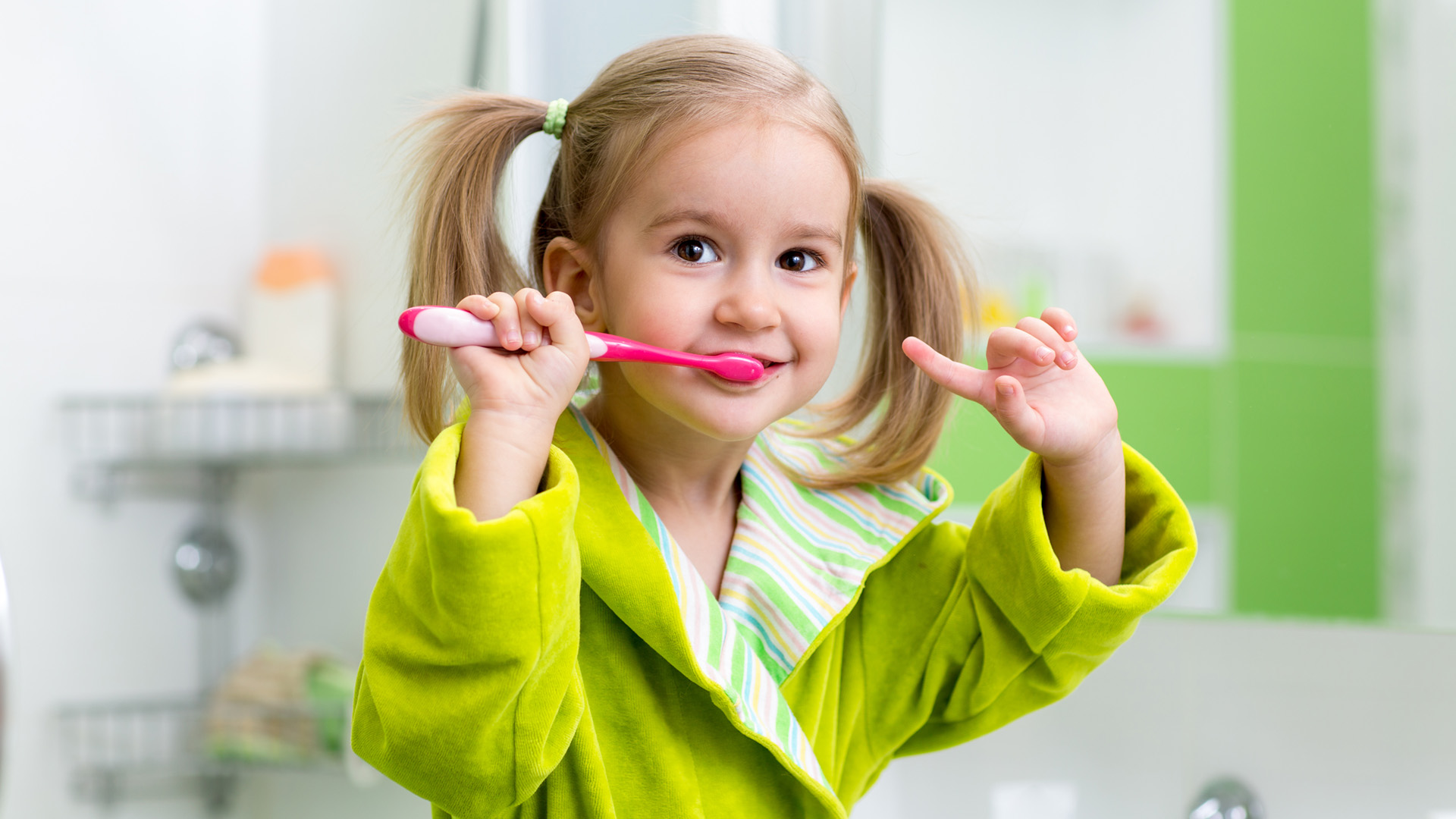As a parent, safeguarding your toddler’s oral health is critical to their overall well-being. Proper toddler oral care during these early years lays the groundwork for lifelong healthy teeth and gums. With toddlers undergoing rapid dental development, understanding how to care for their emerging teeth is vital. This guide delves into the significance of toddler oral health, key developmental milestones, effective cleaning practices for their teeth and gums, and creating positive oral care routines that make dental hygiene enjoyable. Empower your child with the gift of a bright smile and habits that will endure a lifetime.
The Importance of Toddler Oral Health
Toddler oral health is a pivotal component of their overall well-being, and understanding the role of baby teeth is essential. These primary teeth not only act as placeholders for adult teeth but also play a significant role in your child’s development. They facilitate proper chewing, which is crucial for nutrition, and help guide adult teeth into their correct positions. Maintaining healthy baby teeth is instrumental in preventing early dental issues that could lead to complications later in life.
The long-term benefits of toddler oral care in early childhood are substantial. Establishing a routine of good dental hygiene from an early age sets the stage for a lifetime of healthy habits. Regular brushing and dental check-ups help prevent cavities and gum disease, conditions that can have lasting impacts on a child’s health and self-esteem. Early intervention can also reduce the risk of orthodontic issues as your child grows, potentially saving time and money in the future.
Moreover, healthy teeth are crucial for speech development. Children learn to pronounce words correctly by using their teeth, lips, and tongue in concert. Any issues with baby teeth can hinder this process, leading to speech delays or difficulties. By ensuring that toddlers maintain good oral health, parents can support their children’s speech and language development as well.
Toddler Teeth Development Milestones
Your child’s dental development journey begins in infancy and continues through toddlerhood, marked by significant milestones. Typically, the first tooth emerges between six to twelve months of age, starting with the central incisors. By the time your child is three years old, they will usually have a complete set of twenty primary teeth. Understanding this timeline can help you anticipate and manage your toddler oral care needs effectively.
Teething can be a challenging time for both toddlers and parents. Signs of teething may include increased drooling, irritability, and a desire to chew on objects. To soothe your little one’s discomfort, consider using a clean teething ring or gently massaging their gums with a clean finger. Additionally, keeping your toddler comfortable with a soft diet can help ease their discomfort during this transitional phase.
It’s essential to recognize that tooth development varies between children. Some may experience early eruptions, while others may take a bit longer. Understanding these differences can guide you in setting realistic expectations for your child’s dental health. Regular check-ups with a pediatric dentist can also provide valuable insights into your child’s dental development and help you maintain optimal toddler oral care practices tailored to their unique needs.
Best Practices for Cleaning Toddler Teeth and Gums
Establishing a solid toddler oral care routine for your toddler is key to promoting healthy teeth and gums. Use a soft-bristled toothbrush specifically designed for young children to ensure comfort. Position your toddler in a well-lit area, ideally in front of a mirror. Use gentle, circular motions to brush all surfaces of the teeth and gums, spending at least two minutes each session. Aim to brush at least twice a day, especially before bed to remove food particles and plaque.
Fluoride toothpaste is crucial for maintaining your toddler’s oral health, but it must be used safely. For children under three, a rice-sized amount of fluoride toothpaste is recommended. This small amount minimizes the risk of swallowing too much fluoride while providing effective cavity protection. As your child grows older and becomes better at spitting, you can gradually increase the amount to a pea-sized dollop.
Flossing is often overlooked in toddler oral care, but it’s important to start as soon as two teeth touch. Introducing flossing can be done playfully by using a child-friendly floss or floss picks, making it a fun activity rather than a chore. Demonstrate how to gently slide the floss between their teeth, ensuring to explain the importance of removing food debris. With consistency and encouragement, your toddler will learn to love their oral hygiene routine.
Creating Positive Oral Care Routines
Creating a positive oral care routine for your toddler can be a fun and rewarding experience. Incorporate playful elements into the routine to make tooth brushing enjoyable. Try using a toothbrush with their favorite character or let them choose their toothpaste flavor. Singing a silly song or playing a short, lively tune can also help keep them engaged during brushing time. Remember, the goal is to make it a fun experience that they will look forward to each day.
Consistency is crucial when it comes to toddler oral care. Aim to brush your child’s teeth twice a day, ideally in the morning and before bedtime. Creating a visual schedule with pictures can help them understand when it’s time to brush. Additionally, make it a family affair by brushing your teeth together; this not only sets a great example but also reinforces the importance of oral hygiene.
Incorporating healthy snacks and drinks into your toddler’s daily habits can also significantly contribute to their overall dental health. Opt for crunchy fruits and vegetables, like apples and carrots, which can help naturally clean teeth while providing essential nutrients. Water should be the primary beverage choice, as it helps rinse away food particles and keeps their mouth hydrated. By fostering a positive environment around oral care and making mindful choices in their diet, you’re setting your toddler up for a lifetime of healthy smiles.
